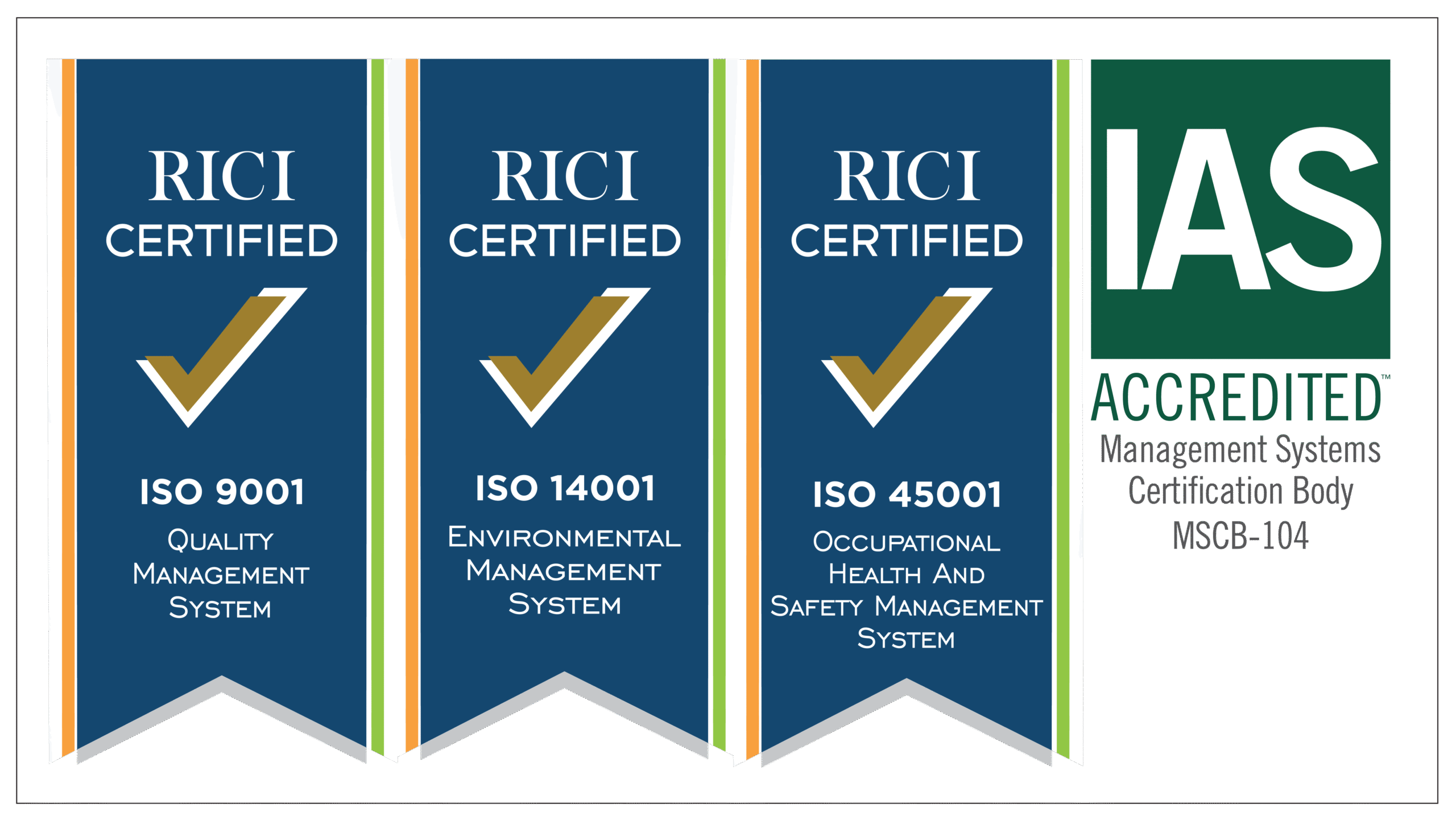The United Arab Emirates (UAE) is still the leader in digital innovation in the Middle East. This is thanks to government plans, such as the Digital Economy Strategy and the UAE Strategy for Government Services 2021-2025. As the government encourages the private sector to adopt digital solutions, IT infrastructure management outsourcing is becoming a crucial tool for businesses seeking to increase flexibility, reduce costs, and remain compliant in a rapidly evolving tech landscape.
What does outsourcing IT infrastructure management mean?
Giving third-party experts control and management of key IT systems like servers, cloud platforms, data centres, and network architecture is what this practice is all about. These outside companies provide services 24 hours a day, seven days a week, letting businesses focus on their main tasks without having to worry about technology issues. These services include tracking, upgrades, cybersecurity, and disaster recovery.
Outsourcing is especially attractive for businesses in the UAE because it fits in with the country’s big plans to digitise and protect data.
Why companies in the UAE are choosing to outsource their IT
-
Optimisation of costs
When you transfer your IT, you save money on capital costs and operational costs. Small and new businesses need to be able to control costs and be efficient, so companies only pay for what they use. Deloitte’s 2023 Global Shared Services and Outsourcing Survey shows that lowering costs is still the main goal of Global Business Services (GBS) organisations, and businesses are still focusing on it.
When companies outsource, their IT departments are freed up to work on important projects instead of regular maintenance tasks. This makes people more productive and ensures that IT goals are in line with the general business plan.
2. Following the rules in the area
Businesses in the UAE must keep data security at a high level because of strict rules on data sharing and privacy, like those set by the Telecommunications and Digital Government Regulatory Authority (TDRA). Outsourcing companies with a good reputation help businesses stay legal while reducing their risks.
The Personal Data Protection Law (PDPL) in the UAE, which went into effect in 2022, makes it clear how data can be used, stored, and sent. Fines or limits on operations can happen if you don’t follow the rules, so it’s important to get advice from experts when handling IT systems.
3. Having access to cutting-edge tech
By outsourcing, businesses can get access to cutting-edge tools and technology without having to spend a lot of money on changes for their own employees. Providers usually have the newest security frameworks, cloud platforms, and tracking systems driven by AI. Smaller in-house teams may not be able to get these things.
Businesses in the UAE are looking to IT service providers to help them make the move to the cloud safely and efficiently. This is because cloud growth is expected to grow at a CAGR of over 25% between 2023 and 2027.
4. Business continuity and the chance to grow
E-commerce, fintech, and transportation are just a few of the areas where business is growing quickly in the UAE. Businesses can change their systems to meet changing demand when they outsource their IT services. This is especially helpful during times of high traffic, like GITEX or the Dubai Shopping Festival, when a lot of people use digital systems at once.
Scalable IT services are also important for businesses in the UAE that want to grow in the area or around the world. When you outsource, your IT skills can change quickly, so you can get into new markets faster. This saves you money on expensive infrastructure upgrades.
5. Better security for computers
There are more and more cyber dangers in the UAE. The UAE Cyber Security Council said that more than 200,000 cyberattacks are happening every day on critical parts of the country. To keep private business data safe, outsourcing companies use specialised cybersecurity teams, cutting-edge threat detection tools, and proactive defence strategies.
Outsourced cybersecurity systems that offer multi-layer protection, real-time event reaction, and adherence to industry-specific compliance standards are also very helpful for the finance and healthcare sectors, which are two of the most common targets of cyberattacks.
Use Cases for Different Sectors in the UAE
- Retail and online shopping: Brands like Namshi and Noon depend on cloud infrastructure to run their digital operations smoothly. This infrastructure includes linked CRM, inventory, and payment systems.
- Clinics and hospitals use IT solutions that are leased to keep their electronic health records (EHRs) safe and in line with rules like the Dubai Health Authority’s NABIDH health data guidelines.
- Finance: Fintech companies that work in DIFC hire outside IT companies to set up safe, scalable infrastructure that meets the Central Bank of the UAE’s protection framework and anti-money laundering procedures.
Collaborations in the public sector are also changing. Managed service providers (MSPs) are being hired by more and more government-related organisations to update their IT systems and provide better services to the public.
How to Outsource IT in the UAE the Right Way
- Check for Local Law Compliance Knowledge: Make sure that your IT partner knows about UAE data security laws and has worked with rules like PDPL and TDRA models before.
- Write up clear SLAs: Outline promises for service uptime, how to escalate problems, and key performance indicators (KPIs) that will be used to track performance and hold people accountable.
- Set Cybersecurity Frameworks as a Priority: Pick suppliers who have been approved by ISO 27001, NIST, or CIS Controls. Vulnerability reviews and breach tests should be done regularly.
- Continue to communicate regularly: Review the provider’s work every month and hold strategy alignment meetings every three months to make sure they can support your changing business goals.
Before outsourcing, companies should also do risk reviews that look at things like how sensitive the data is, how dependent the system is on others, and how third parties can access the data. There should also be a clear exit plan and a way to hand over the info.
What Staff Outsourcing Does to Help IT Infrastructure
Staff outsourcing and the outsourcing of IT systems often go hand in hand. Businesses in the UAE can deal with skill gaps and improve their ability to handle people by hiring contracted IT workers to work with their teams.
By staff outsourcing, businesses can hire highly skilled IT workers like cloud architects, DevOps engineers, and cybersecurity experts, either temporarily or permanently, without having to go through the lengthy hiring process. This method works especially well when starting new services or transforming businesses to go digital.
Final Thoughts
Outsourcing IT infrastructure management is more than just a tactical choice in the UAE’s ambitious digital world; it’s a plan for the future. Companies can make sure their operations will work in the future, meet government requirements, and be in line with national growth goals by getting IT help from outside sources.
Staff outsourcing options from trusted regional partners like 6 Pence are the best way for UAE businesses to cut costs while still making sure their systems are reliable and follow the rules.
Also Read: Retail Payroll Services






